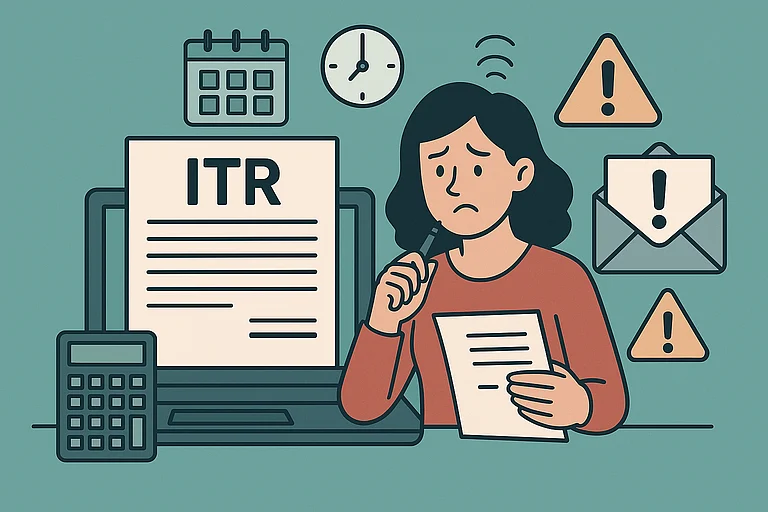Some major money-related changes will come into effect from July 1, 2025. These changes will affect how individuals file their ITRs and apply for new PAN cards. On the other hand, some bank-specific changes are also likely to take place in July.
Major Financial Changes in July: Bank Fees, New PAN Rule, ITR Deadline Extended
From July 01, 2025 onwards, individuals are likely to see several money-related changes. Here’s a list of some of the key changes which will take place in July
Aadhaar Mandatory for New PAN Applications
Aadhaar authentication will become mandatory from July 1 for individuals seeking a new Permanent Account Number (PAN). The Central Board of Direct Taxes (CBDT) has stated that other identification documents like voter ID, driving licence, or birth certificate will not be accepted for fresh PAN applications. The step is part of the government's drive to further simplify and digitise the income tax system.
ITR Deadline Extended but Tax Payment Timeline Unchanged
The last date for filing income tax returns for the financial year 2024–25 has been extended from July 31 to September 15. This allows taxpayers extra time for filing their taxes. However, taxpayers who have outstanding self-assessment tax need to pay it by July 31 to avoid paying interest charges. While the due date has been shifted, the payment schedule will remain unchanged.
SBI Card Cancels Insurance and Amends Minimum Due
SBI Card will stop air accident insurance covers from July 15 on some premium cards like ELITE, PRIME, PULSE and others. The insurance cover, which had an upper limit of Rs 1 crore, is being withdrawn. SBI Card is also altering the way it computes the minimum amount due. The new amount will comprise the entire GST, EMIs, all charges and fees, and two per cent of the outstanding balance. This new method of calculating the due can potentially raise the minimum amount due on statements and result in increased interest charges if it is not paid in full.
HDFC Bank Introduces New Credit Card Charges
HDFC Bank has updated its fee schedule for credit cards from July 1. Credit card users will be charged a one per cent fee, capped at Rs 4,999, for expenses such as paying rent and adding money to their digital wallets. The fee will also be levied on gaming spends of more than Rs 10,000 and utility bill payments over Rs 50,000 a month. However, insurance transactions will be eligible to earn reward points, with a limit of a maximum of 10,000 points per month.
ICICI Bank Amends ATM and Cash Transaction Fees
ICICI Bank will roll out new ATM and cash transaction fees from July 1. Consumers will get five free ICICI ATM withdrawals and three to five free transactions from ATMs of other banks based on the location. They will be charged Rs 23 for every subsequent withdrawal and Rs 8.50 for non-fund-based transactions afterward. Cash deposits and cash withdrawals at ICICI branches or cash recyclers will incur fees once the free threshold of three transactions per month limit is crossed. Fees for IMPS transfers will also differ depending on the amount being transferred.
To conclude, by keeping themselves informed about changes in banking and taxation policies, people can avoid paying penalties or fees unnecessarily.
